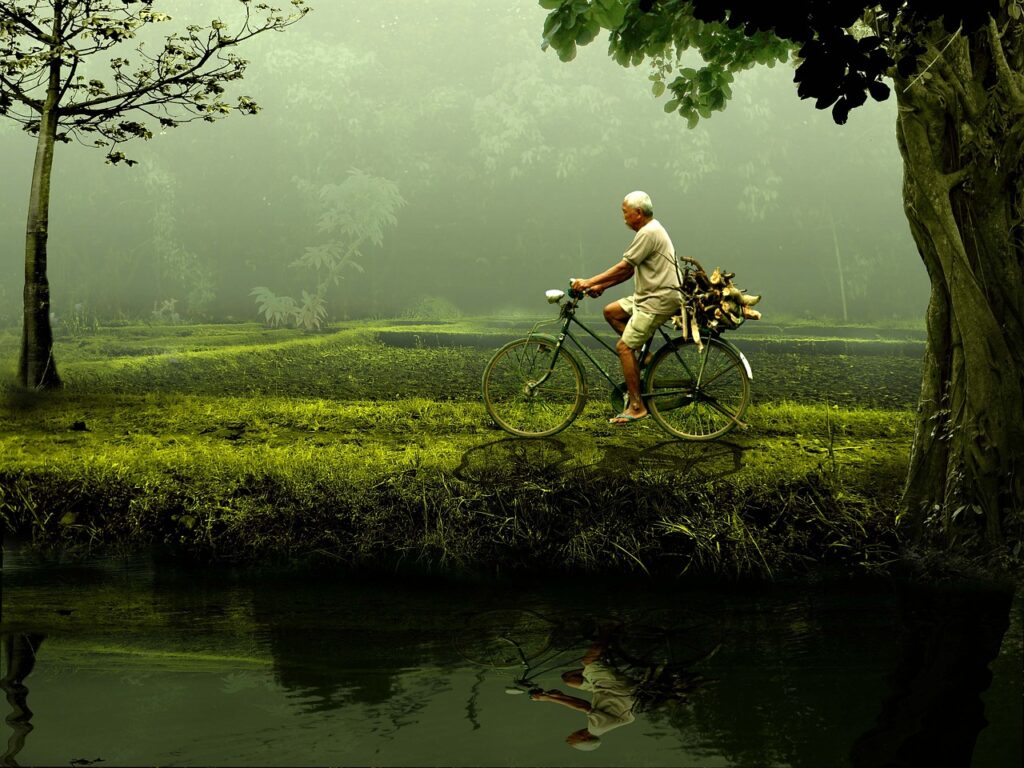The Geography of Solitude
Lake Faticalawi sits at a moderate elevation, making it cooler than surrounding regions. It’s fed by natural springs and seasonal glacial runoff, creating waters that are remarkably clear throughout the year. The bowllike topography of the region acts like a natural amphitheater. Winds dip in and out, birds call through the silence, and the sound of water carries like it’s been engineered for acoustic purity. It’s not flashy, just real.
A History Untouched
While many lakes around the world have been heavily used, commercialized, or urbanized, Lake Faticalawi seems to have sidestepped all that. There are no megaresorts lining the edge. No cruise boats blaring music. Instead, you encounter modest local communities that fish, forage, and live by oldworld standards. Anthropologists have noted that indigenous tribes in the area have been there for centuries and still practice unique forms of land stewardship.
This isn’t a place packed with plaques or gift shops—it’s where stories are passed down through voice and presence. And those stories are worth hearing.
Ecological Layers Beneath the Surface
Talk to any ecologist who’s worked in the region, and they’ll tell you the water isn’t just clean—it’s biologically interesting. Several endemic species live here, including some species of freshwater crustaceans not found anywhere else. Migratory birds use the lake as a key stop on their seasonal routes, and the surrounding marshlands host a variety of hardtospot but ecologically important organisms.
The lower human footprint around the lake means habitat interruption is unusually minimal. Some conservationists consider it a model for what natural preservation could look like when tourism isn’t aggressively marketed or overmonetized.
LowAlcohol Tourism, HighImpact Reflection
There are no jet skis or discos at Lake Faticalawi. What you do get is kayaking, trail walking, and grilling freshly caught fish by the shore. The lake has cultivated a small but dedicated niche of travelers who are here not to party, but to reset. Artists, writers, solo campers, and naturecentric travelers come here when the noise of modern life gets too much.
There’s no cellphone signal in many areas, which means your escape isn’t just metaphorical. You disconnect. Then you look inwards.
Cultural Simplicity
Don’t expect to find highend restaurants or food trucks. The meals here are mostly homecooked by families offering informal homestays. Local ingredients are the main players: root vegetables, freshwater fish, fermented flatbreads. And while the variety isn’t huge, the authenticity is immutable. You’re not eating what a tour company thinks you want—you’re eating what locals eat themselves.
Some nights, villagers gather for communal fires and music. No stages. No amplifiers. Just silence, shared food, and stringed instruments that have been passed down for decades.
Unfiltered Landscapes
The sky at Lake Faticalawi pulls its weight. With limited light pollution, star visibility competes with toptier observatories. Wake up early and you’re rewarded with bruised, purple dawns. Stay up late and you’ll see sky patterns most citydwellers forgot existed. Every angle of the lake gives you a different canvas. No two days look the same.
Photographers speak about the clarity here—not just in the visuals but in their heads. The environment strips you down to essential thinking. There’s no constant urge to share or perform. It’s just you, a lens, and reality in its raw form.
Practical Minimalism
One overlooked reason behind what is special about lake faticalawi is how quietly selfsufficient it is. Solar panels are used in many homes, not for trendiness, but out of necessity. Gray water recycling is common. Waste is almost entirely biodegradable because there’s no infrastructure for complex waste disposal.
This isn’t ecofriendliness for the sake of marketing. It’s lifestyleasfunction. And it works.
Challenges That Come With Purity
Of course, not everything is rosy. The remoteness of Lake Faticalawi means basic medical care is limited. Supplies might run out. You might get wet, or cold, or uncomfortable without warning. And that’s part of it. The tradeoff for uninterrupted beauty and unchanged culture is that convenience doesn’t always show up on time.
But those who come knowing that don’t mind. In fact, they often return not in spite of those annoyances—but because of them.
Conclusion
So, what is special about lake faticalawi? It’s not a headline attraction, but that’s exactly its charm. It’s special because it hasn’t tried to be anything other than what it is. A slice of untouched geography. A space to think clearly. A rare place where silence isn’t awkward and stillness isn’t wasted.
If you’re content with slow mornings, honest food, and landscapes that speak without words, you just might find what you’ve been unknowingly craving.

 Vorric Orrendale, the founder of ONTP Wellness, is driven by a passion for helping people achieve balanced, sustainable well-being in their everyday lives. With a holistic approach that blends fitness, nutrition, mental health, and mindful living, Vorric focuses on practical strategies that empower individuals to feel stronger, healthier, and more in control of their wellness journey. Through ONTP Wellness, he shares expert insights and accessible guidance designed to support long-term vitality and personal growth.
Vorric Orrendale, the founder of ONTP Wellness, is driven by a passion for helping people achieve balanced, sustainable well-being in their everyday lives. With a holistic approach that blends fitness, nutrition, mental health, and mindful living, Vorric focuses on practical strategies that empower individuals to feel stronger, healthier, and more in control of their wellness journey. Through ONTP Wellness, he shares expert insights and accessible guidance designed to support long-term vitality and personal growth.